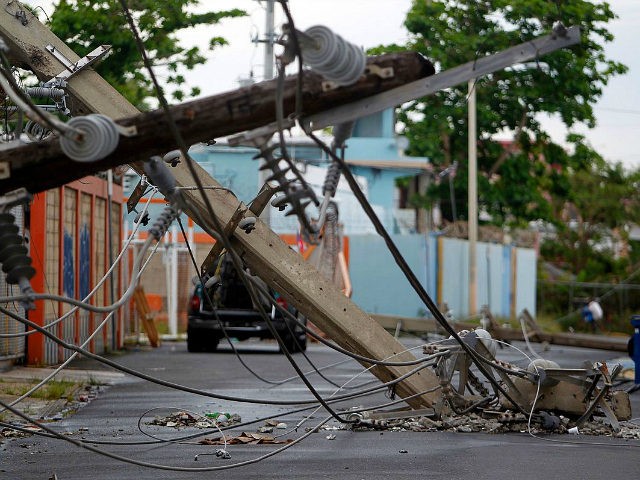The U.S. Justice Department is reducing the huge backlog in the immigration courts by using video-streaming to enable U.S. judges in Puerto Rico to oversee cases in mainland courtrooms, despite the huge damage inflicted on the island by recent storms.
NJ.com reported:
Judges at the San Juan Immigration Court in Guaynabo were assigned to begin conducting hearings via video teleconferencing, or VTC, involving cases of those pleading their cases in Elizabeth, [N.J.], according to the Justice Department.
“Using VTC is part of an overall strategy by the Executive Office for Immigration Review to increase adjudicatory capacity in order to try and cut the backlog in half by 2020,” said an EOIR official, who would not say why judges in Puerto Rico were assigned to take up the backlog in New Jersey in the wake of the hurricane.
Lori Nessel, director of Seton Hall University School of Law’s Center for Social Justice who recently participated in one of the video hearings in Elizabeth involving a judge from Puerto Rico, expects the case files will all have to be shipped to the island as well.
“That seems likely to cause delays and problems,” Nessel said.
According to the agency, through the end of January 2017, there were 542,646 backlogged immigration cases, with New Jersey having one of the highest backlogs.
Pending caseloads of the nation’s immigration courts have more than doubled from 2009 to 2016, NJ reported on EIOR statistics.
“Allowing immigration judges to hear cases via VTC increases their productivity and adjudicatory capacity,” an official, speaking on background to NJ.com, said.
Hurricane Maria hit the U.S. territory on September 20, taking out the electrical grid on the island.
The electrical system has been partially restored with the help of mega-generators imported by the Army Corps of Engineers but, as of Monday, less than half — 46.6 percent — of Puerto Rico had power, NBC reported:
Getting the island back up to full power has proved daunting, stumping a recovery that can’t get going without electricity up and running.
Telecommunications is still operating at about 75 percent capacity and cellphone service at 65 percent, and one-in-10 Puerto Ricans still lack potable water.
NBC also reported that former President Bill Clinton visited the island on Monday on behalf of the Clinton Foundation to work on solar power projects.

COMMENTS
Please let us know if you're having issues with commenting.